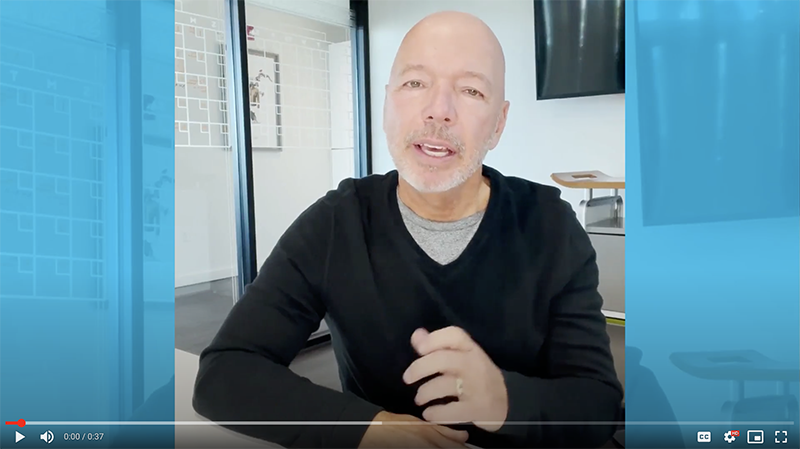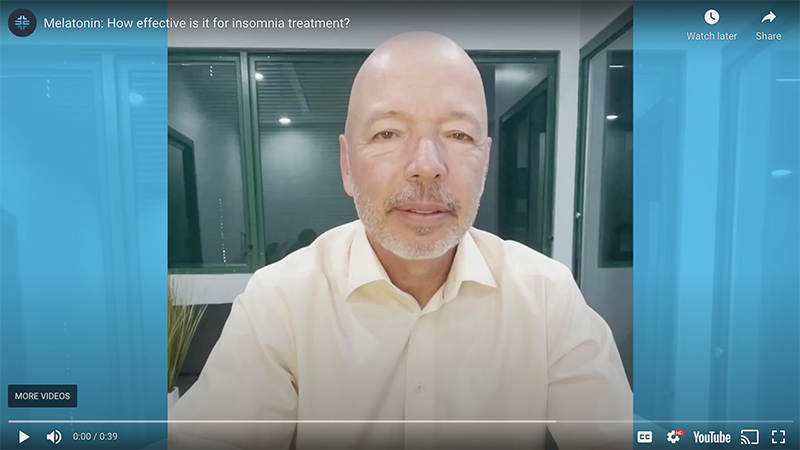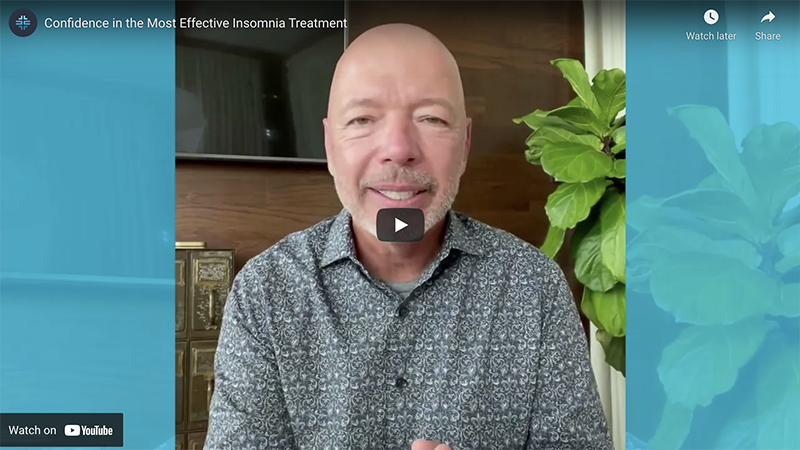
As cannabidiol products grow in popularity, our understanding of how to use them expands too. From bath bombs to edible gummies, cannabidiol, or CBD, is being used in a variety of contexts to help with various problems. Known for calming and medicinal effects, you can use CBD for several ailments and conditions. The question is: Can it help us sleep?
While research hasn’t given us any exact answers, there has been some data suggesting CBD can help those who struggle to fall asleep to get a good night’s rest. To begin, we must first understand what CBD is.
What Exactly Is CBD & What Does It Stand For?
CBD, formally known as cannabidiol, is an extract made from the cannabis plant or hemp. It lacks the psychoactive effects of tetrahydrocannabinol, or THC, which is the other active ingredient in the cannabis plant. CBD affects the body by attaching to receptors in the endocannabinoid system. The endocannabinoid system helps to regulate different parts of the body, like mood and sleep, so CBD and THC can affect this system to alter the way you feel.
How Can You Take CBD?
You can use CBD lotions and soaps for local treatment or ingest CBD orally. CBD can be ingested in several ways:
- Oils and tinctures
- Vape concentrate
- Pills and capsules
- Edibles
Before consuming any CBD, it is vital to see if a third party tested the product and if it is legal in your state. While most states allow CBD oil use, it is not universally permitted.
Side Effects of Using CBD
While CBD may not have any known hard side-effects, it doesn’t have the same effect on every individual using it. Depending on the dosage and the user’s reaction to it, CBD can be stimulating or relaxing. The standard theory is low dosage can create a stimulating or energizing effect while a higher dosage will relax the user.
Negative Side Effects
Research shows a few side effects from CBD use that should be noted:
- Fatigue
- Diarrhea
- Changes in Appetite
- Changes in Weight
How Effective is CBD for Getting Better Sleep?
CBD is known for its calming and soothing effects, but does it provide any benefits for those looking for a better night’s sleep? In a Consumer Reports survey, 10 percent of respondents said that they were using CBD to help them sleep. A majority of that group said CBD products helped them fall asleep.
One study on cannabis and sleep showed an improvement in self-assessed sleep quality by insomnia patients who ingested it via combustion, pipe or vape. However, this study assessed individuals using strains with THC, which has psychoactive effects and is not universally legal.
Another study found that CBD can improve self-assessed sleep scores over a small period, but results fluctuate after approximately a month. The conclusion was that CBD helped to lower anxiety and pain, which allowed for better sleep, but did not directly cause the user to fall asleep.
It’s important to remember what CBD is affecting when using it as a sleep aid. Unlike THC, CBD is not a sedative. It will help to calm your mind and put you at ease, but it is not proven to make you any sleepier.
While CBD can calm you and alleviate pain before going to sleep, experts suggest trying other methods of sleep therapy. Alternative methods, like CBTI, may help lead to more sustainable results than CBD or prescription sleeping medications. Good sleep hygiene and a balanced lifestyle are also important to prepare the body for a good night’s sleep.
Always remember to consult your doctor before trying CBD. It’s important to talk with a healthcare specialist about your options before using cannabis products for sleep.
Are you dealing with insomnia or other sleep disorders? Get started with one of our sleep specialists today and get your good night’s sleep back. If we can’t help you sleep better, you get your money back.


